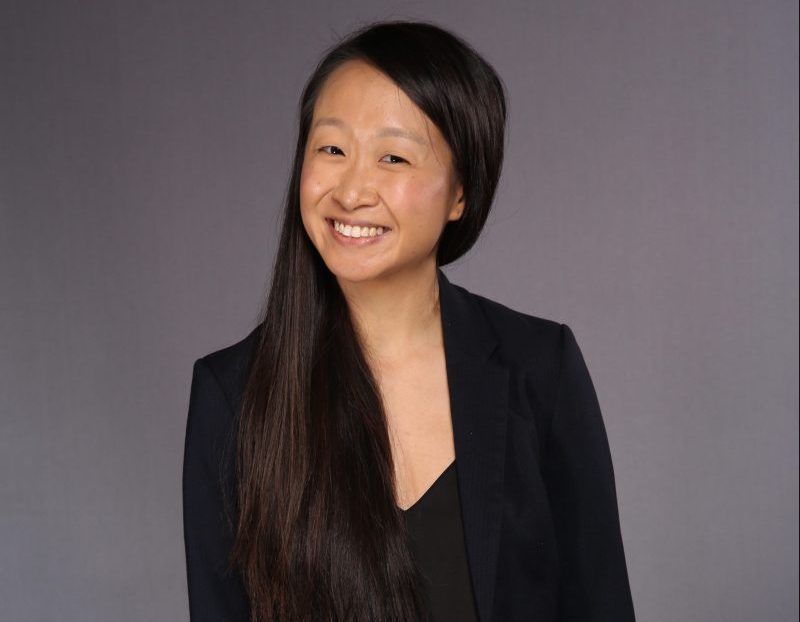The Breathe Movement started in 2014, a social organisation born from a place of wanting to create impact in the youth mental wellness space, especially for women. We utilise a myriad of tools and practices — ranging from movement, creative arts and expression, and breath exercises — to enable individuals to navigate through life’s challenges.
In the course of doing this work, we realised the need to find accessible and safe ways to have in-depth conversations about mental health. The Singapore Mental Health Film Festival (SMHFF) was born in 2018 to address this gap in the Singapore landscape. Since the inaugural Festival, it has evolved to include a Youth Short Film Competition arm which educates youths with accurate and precise information on mental health and dementia issues. These youths will then go on to create short films that would eventually be screened to larger audiences, thus creating greater impact in the community. SMHFF separated from The Breathe Movement (TBM) in 2020.
Let’s get to know Cheryl Tan who founded TBM and SMHFF.
Why did you start TBM and how do you ensure that the programmes are inclusive and safe for everyone?
The Breathe Movement started from a strong conviction I had, after witnessing first-hand the positive impacts of trauma-informed practices for individuals with varying degrees of trauma. TBM programmes are designed for relatively small groups (10-15pax), which allows equal opportunity for participants’ voices to be heard and their needs to be addressed. This allows us to work with our participants in a collaborative way, and to also have them understand that they are empowered to make their own choices, and to form healthy boundaries for themselves.
While TBM programmes are designed for smaller groups, the programming for SMHFF allows for larger audiences (as big as 5-10K online) to participate in active dialogues on mental health. We have partnered with Pigeonhole since the inaugural Festival in 2019, which allows us to moderate questions before they go on live at each panel session. This speaks to the inclusive nature of SMHFF, and the safety precautions we take to ensure that the questions and comments are not overly triggering for our audiences.
It is also important to mention that all of us have different triggers. Hence, we encourage individuals to approach us (The Breathe Movement and SMHFF) if they felt triggered at any point, and we will aid them in finding support to regulate themselves.
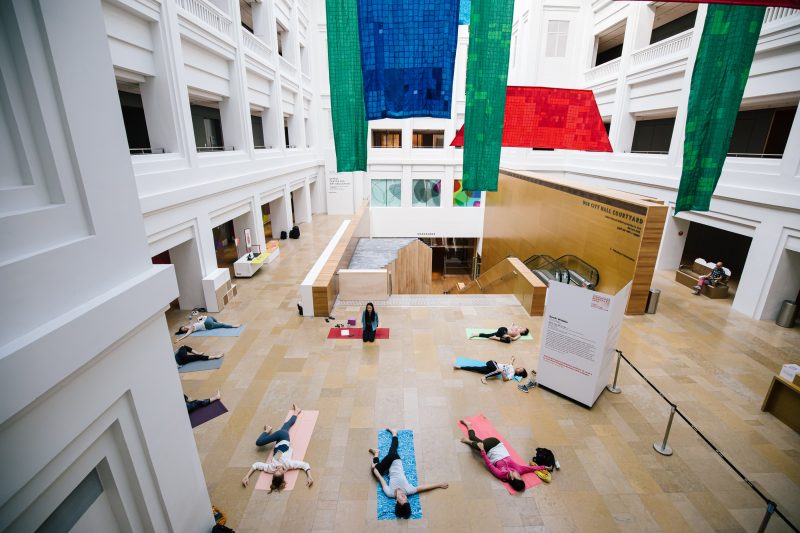
What has been the most rewarding part about organising SMHFF?
It is a great time to ask this question as I am in the process of transitioning out of SMHFF and will be back to manning The Breathe Movement! As I take this time to reflect on the last four years, I think the most rewarding part about SMHFF has been the interactions we had with youths. If I could choose one of the programmes that I had so much joy in creating, it would be the Short Film Youth Competition. It started off as an idea to bring different organisations together, so that we could inspire more youths to be young advocates for mental health and dementia. The youths have never ceased to inspire me with their eloquent views on the wide range of mental health topics, and to put that into creative pieces to be shared with the world. I am so grateful to have been able to speak to some of these young filmmakers over the years – they will be my inspiration for years to come.
Having to manage both SMHFF and The Breathe Movement portfolios, what are the challenges and opportunities you faced as founder?
The National Youth Council, being our key partner, has been instrumental in helping us forge strategic partnerships with organisations like *SCAPE and Facebook. Along with all these partnerships, it allowed me to dream bigger as a founder and execute successful programmes with the additional help and resources.
My challenge was that I neglected The Breathe Movement as I worked hard to make SMHFF a reality, especially in the past year. While I still conducted ad-hoc TBM programmes, the Covid-19 situation and increase in SMHFF programmes beckoned me to focus more time and energy at SMHFF. There were many challenges that I faced, one being the lack of manpower because of limited funding streams. While I do not think this is new to any entrepreneur/founder, it certainly took a toll on my physical and mental well-being. And the irony is, The Breathe Movement and SMHFF are about mental wellness! Hence, I am stepping down as Executive Director of SMHFF in October 2021, to focus solely on The Breathe Movement and bettering myself.
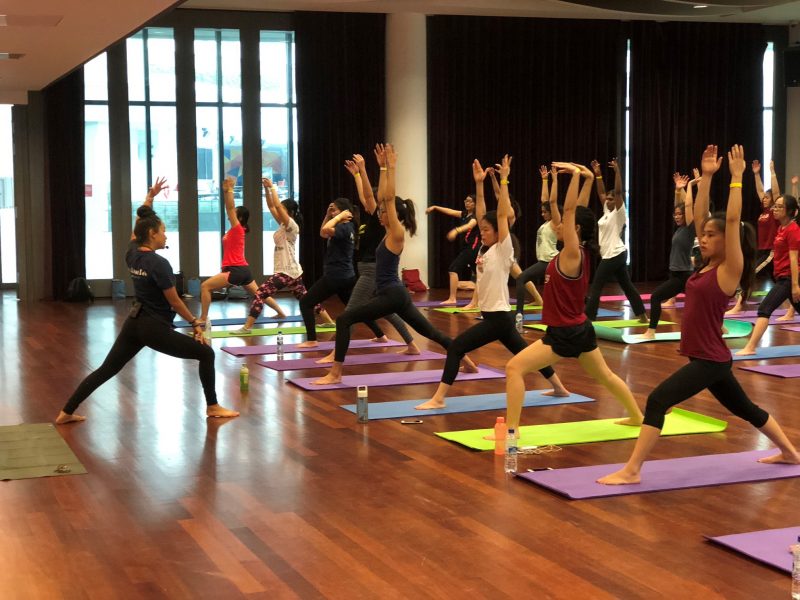
Partners and community in the ecosystem play a vital role. What advice would you give to aspiring entrepreneurs who would like to do their part in the mental health space?
Through my work at SMHFF, I realised the key importance of building relationships with partners and community members. I tried to work with partners from the angle of collaboration, as opposed to seeing the relationships from a one-sided perspective.
For instance, my conversation with *SCAPE’s NYFA started in a meeting room with us explaining to each other the missions of our organisations and finding potential areas for collaboration. We kept the conversation open past our meeting, and finally found a sweet spot to collaborate for NYFA’s Short Film Social! We have since partnered with NYFA for two years, and I am sure this this will be a long partnership between SMHFF and NYFA.
In short, sometimes we are eager to create impact, be in mental health or any other social issue. It is also important to continually foster relationships that are built on the foundation of trust and integrity. So, when the right time/opportunity arises, collaborations with organisations to create impact will take place – and you will reach larger audiences with partnerships too!
Let’s get to know Cheryl Tan as an advocate in the mental health space
How do we get comfortable talking about uncomfortable issues (or to speak of the unspoken)?
We can get comfortable being uncomfortable! This probably goes against our human instincts, to want to find ways to rid ourselves of the discomfort. However, it is important to do regular self-introspection, whether individually if you have the skills or with a mental health professional, to understand the source of discomfort. It is only then can we form authentic relationships because they are not always merry and joyful. We need to work with the other emotions that might come into play.
However, it is also vital to note that all of us should have boundaries. Everyone can stomach discomfort to varying degrees. And it is important to understand how to discharge negative emotions and feelings in a safe manner, and to not be triggered or be traumatised by the issues raised. All these are topics covered in The Breathe Movement programmes on self-regulation and building healthy boundaries for self.
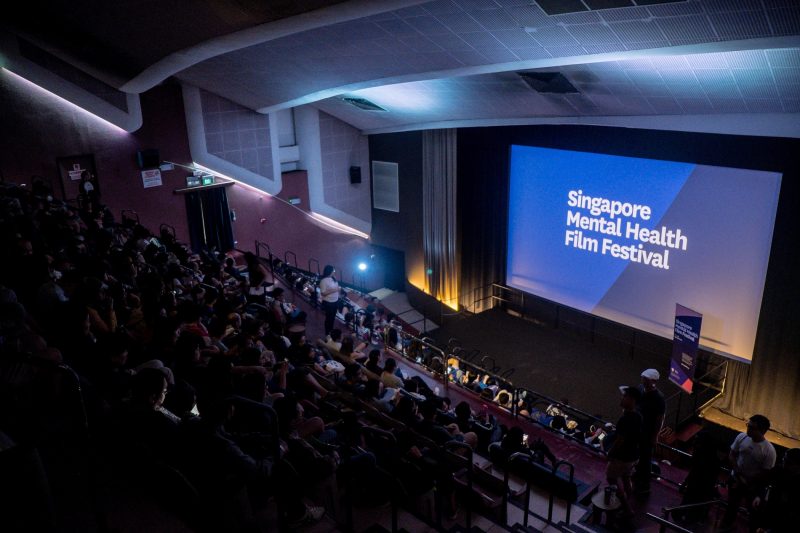
From your point of view, how has the stigma towards mental health changed over time and what do you hope it to be in the future?
Especially in the past year, with Covid-19 in our midst, more people are stepping up to speak about their mental health struggles. I recognise that whilst there are more conversations on mental health, a lot of work has to be done in the space of individuals recognising and acknowledging the need for additional support. There is still a need for more accessible platforms to seek for support. At The Breathe Movement, our vision is to widen perspectives and recognize our capacity to self-regulate, provide a space for healing, and cultivate empowerment through the understanding of self and others.
Sometimes the lines between work and personal space can be blurred, and especially in the pandemic period. We may get carried away and ignore our mental and physical health like having sleepless nights (or sleeping too much), and neck and back strains. What practical tips could we do to make sure we maintain better boundaries and make healthy choices for ourselves?
Often times, we are caught up in distressing situations because of our personal conditioning – the way we see, listen, and feel the world. We have to take intentional steps to enable ourselves to gain a deeper sense of awareness. This can start off by starting a new activity with the intention to have space for yourself to explore the world through new lenses – it could be a sports activity, pottery, cooking, anything. The activity should allow you to move your body and be in a different environment (not that of your work/study space). Hold yourself accountable to this new intention, or have a friend/family member help you be accountable. Then, notice how you feel in mind and body once you’ve started on this new activity. Really take your time to breathe and explore. Patience is absolutely key!
This is just one of the many practical ways we can begin to build self-awareness – and from there, we will learn the importance of healthy boundaries and choices.
Just curious, what are your favourite #selfcare/#selflove activities?
Love this question! I’m a plant mama – growing edibles and inedible plants. The added greenery brightens up my home space, so essential during these lockdowns. And I love the feel of soil on my hands, the tactile sensations bring me back to nature, all within the confines of my home. I am an avid baker – this has been my form of moving meditation since my university days. I am a rock climber too – scaling the walls help me wash out the stresses from work, and another form of moving meditation! The adrenaline rush that one gets when you have to solve puzzles 10-15 metres high is exhilarating to me. Yoga, meditation and journaling are definitely key essentials to my self-care toolkit too!
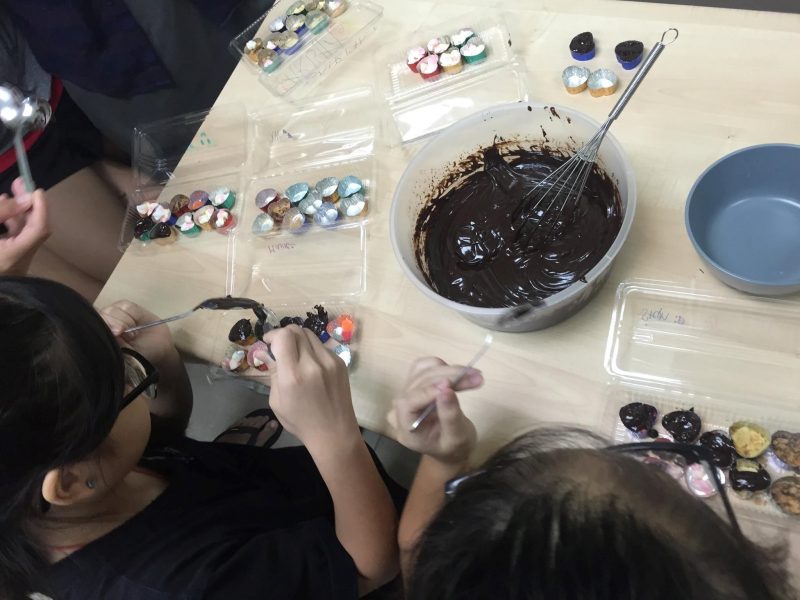
Wish to attend TBM programmes next time, here’s how:
www.thebreathemovement.org
@thebreathemovement
www.smhff.com
@smhff

